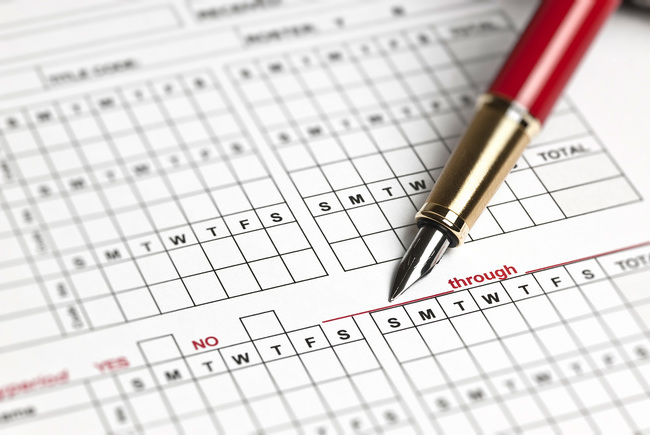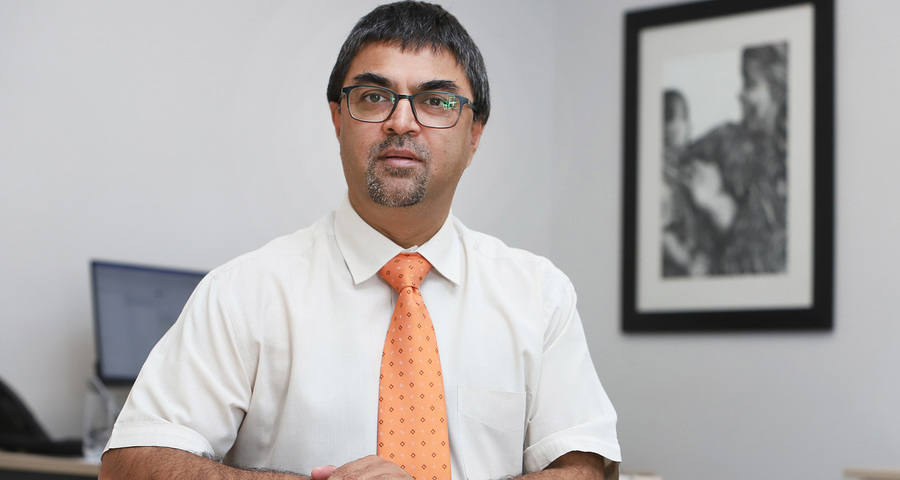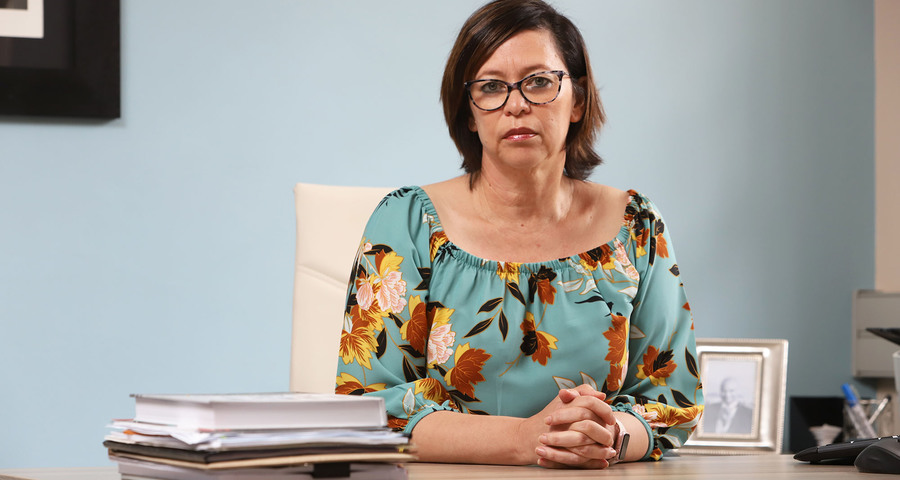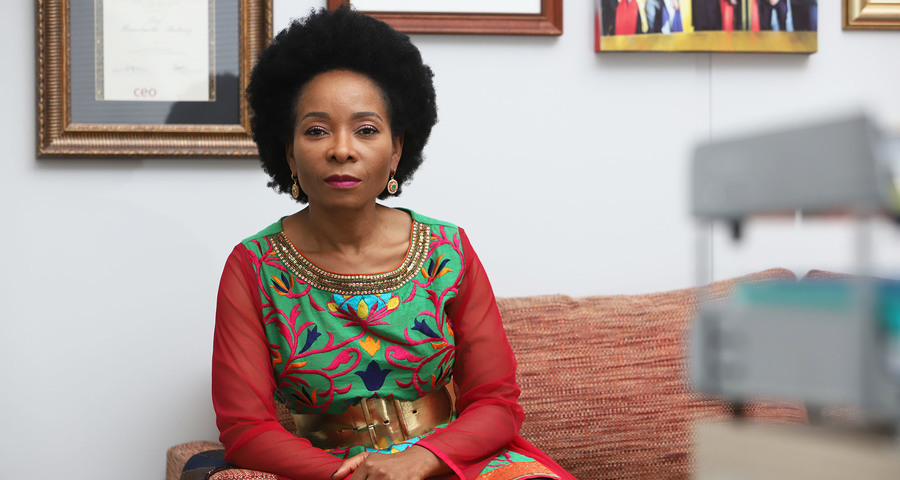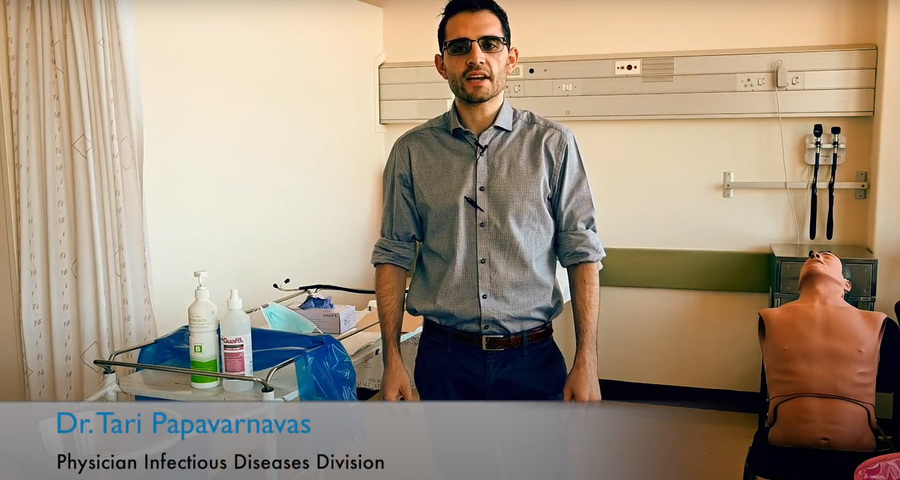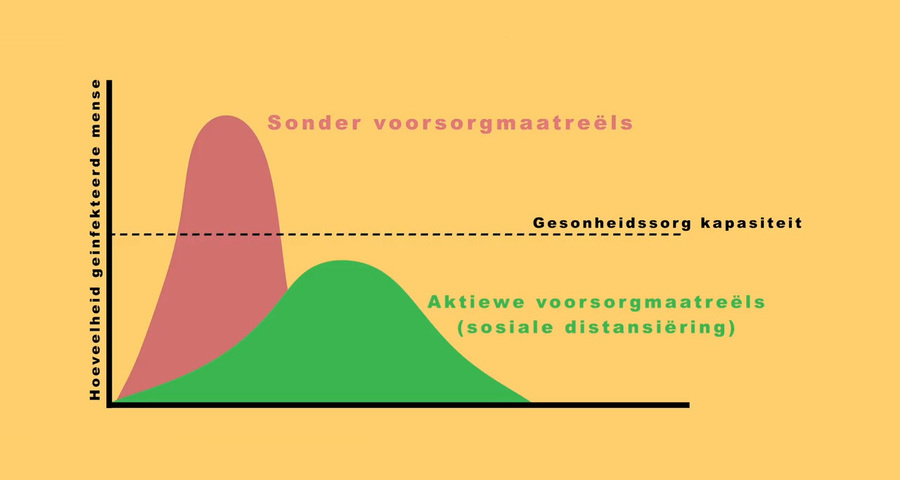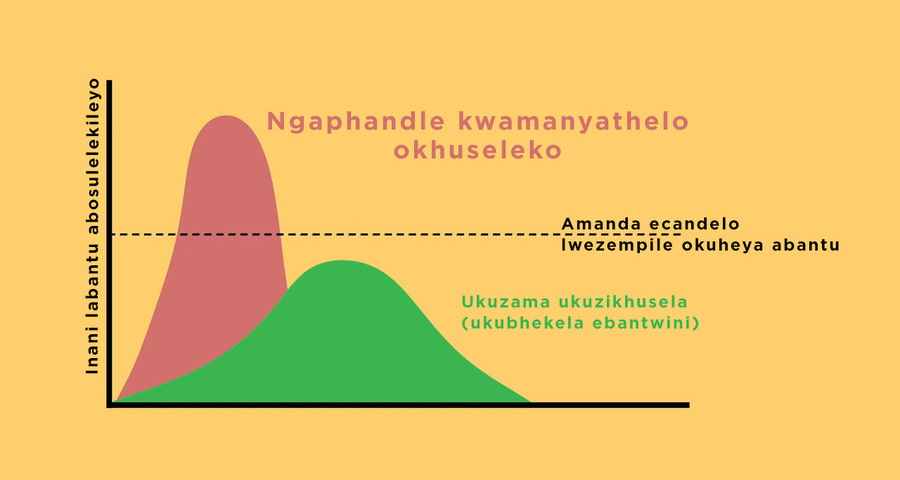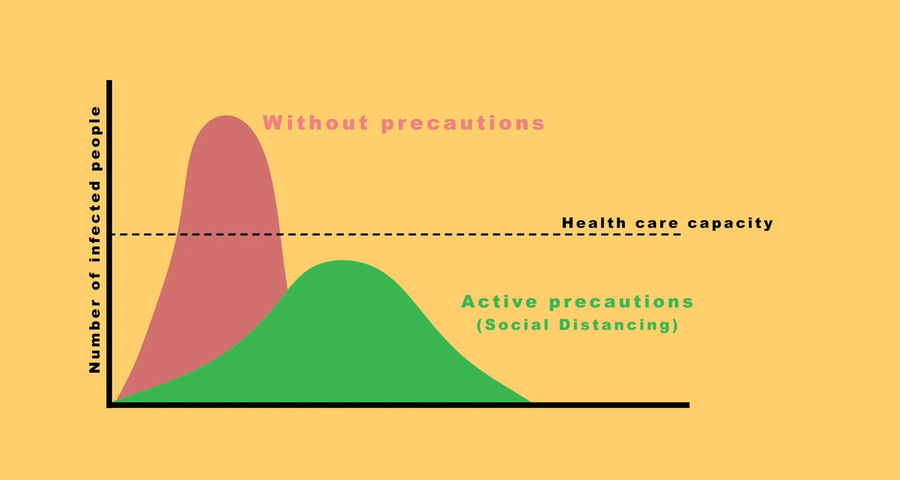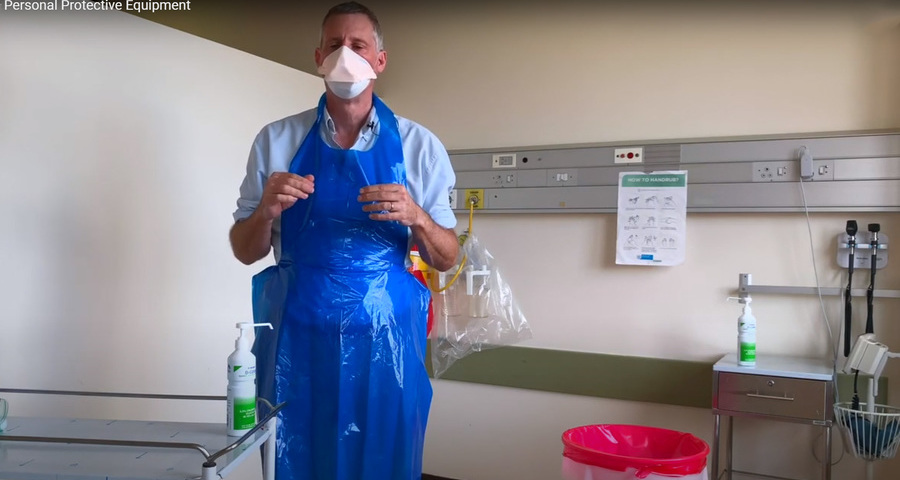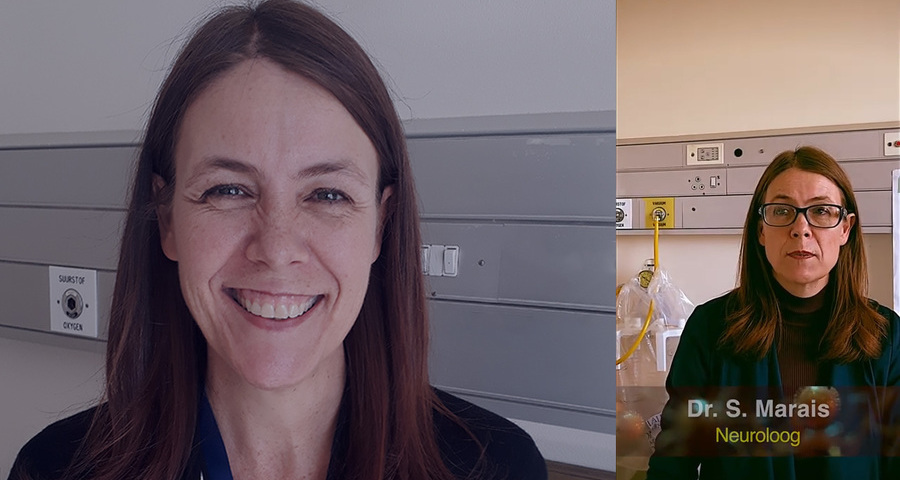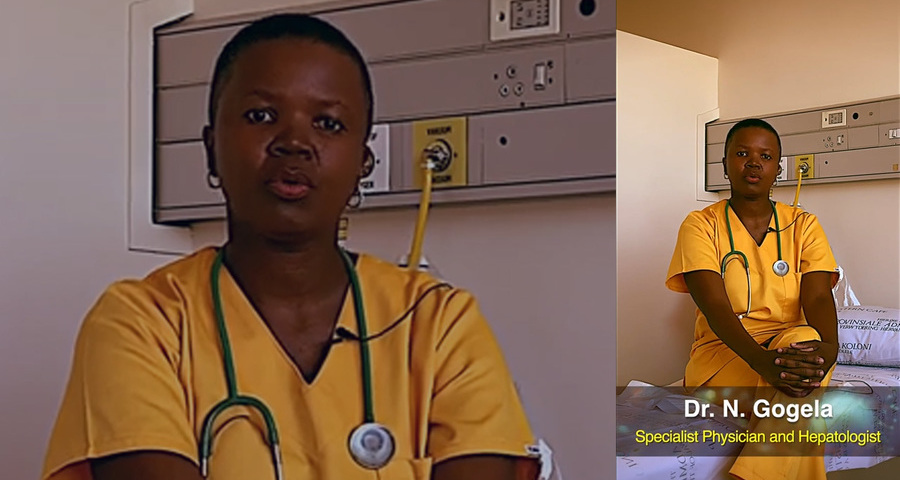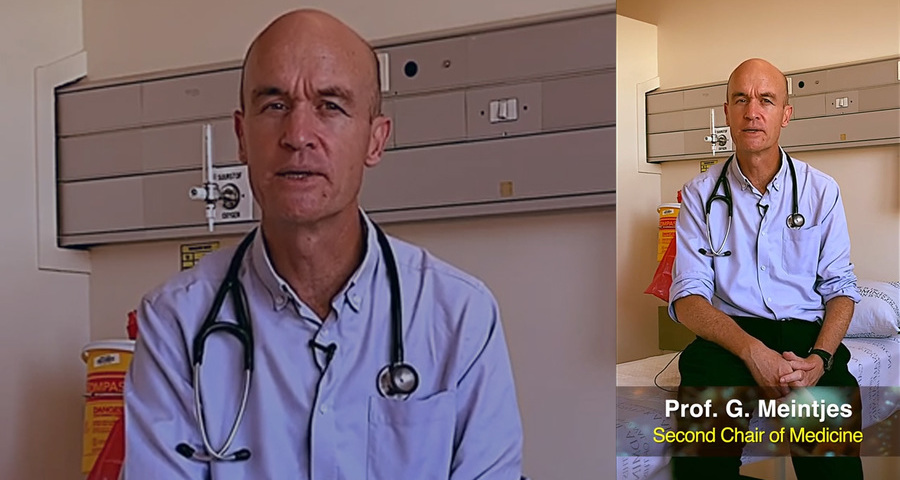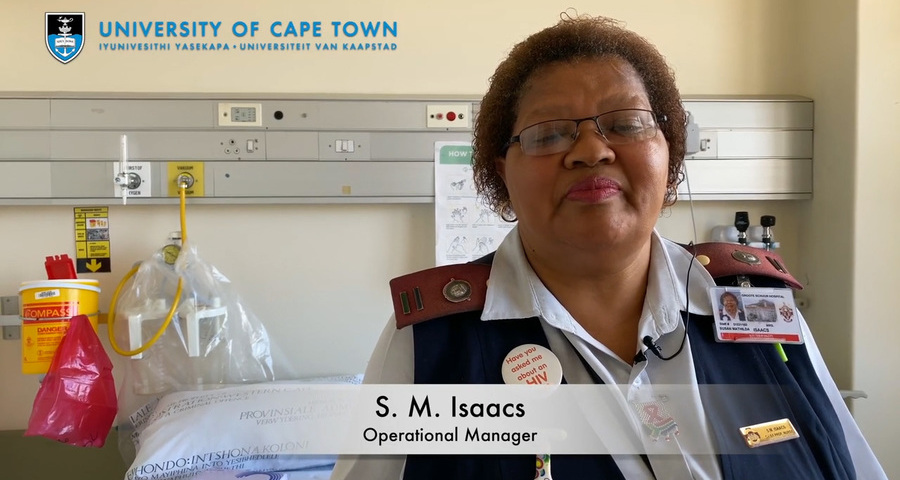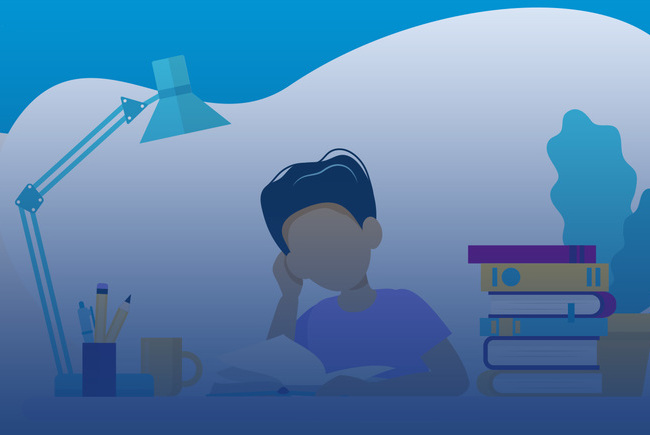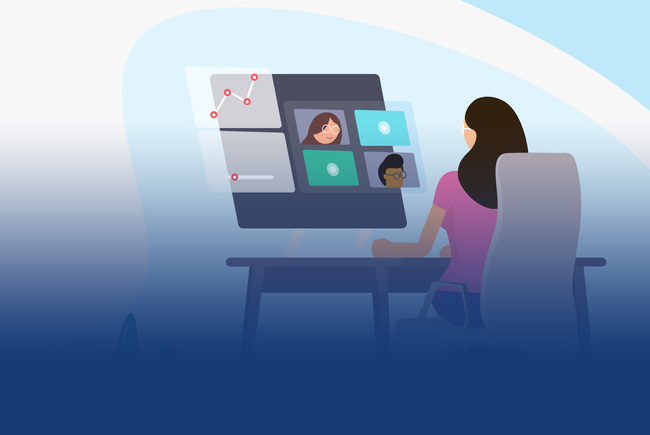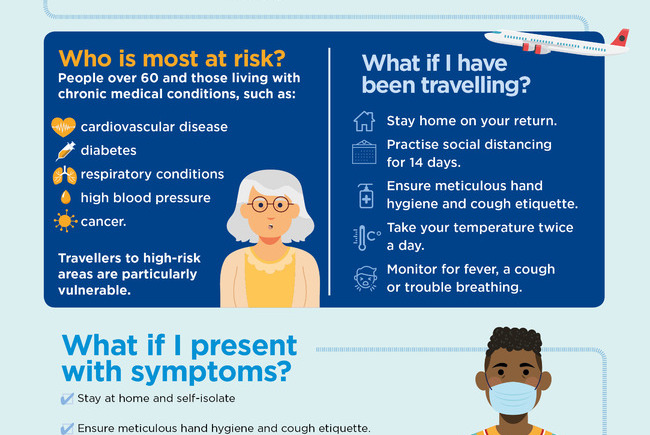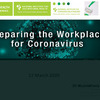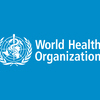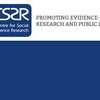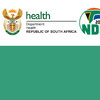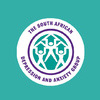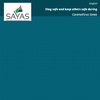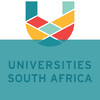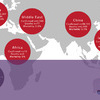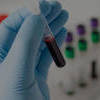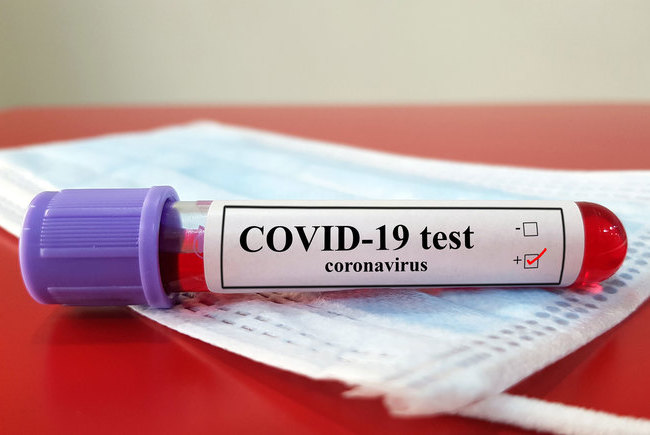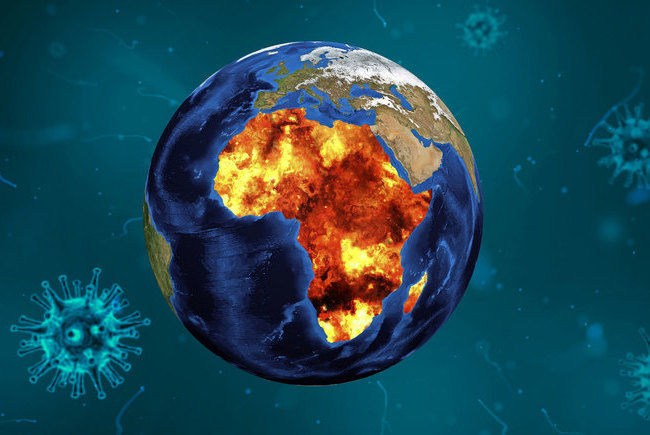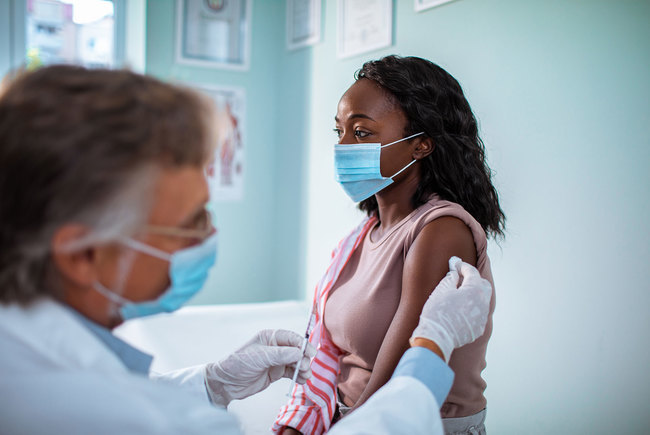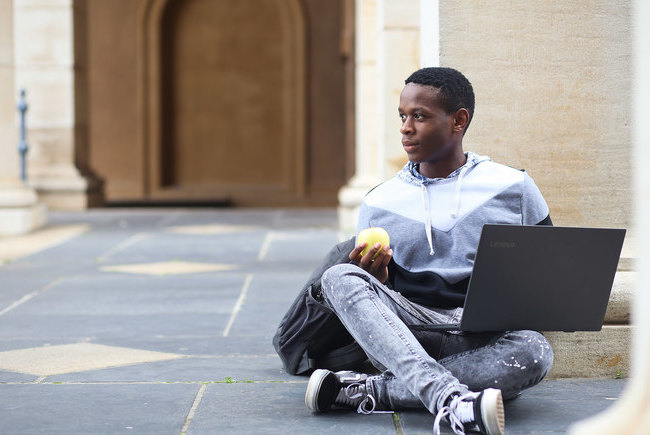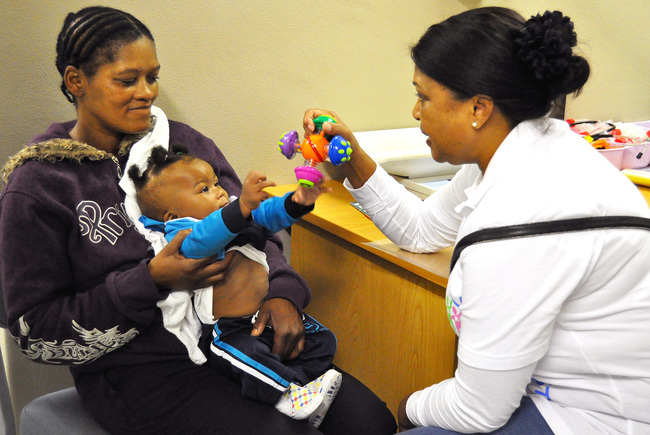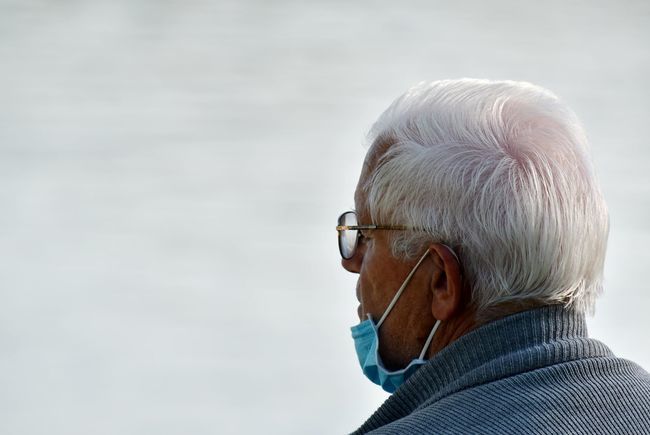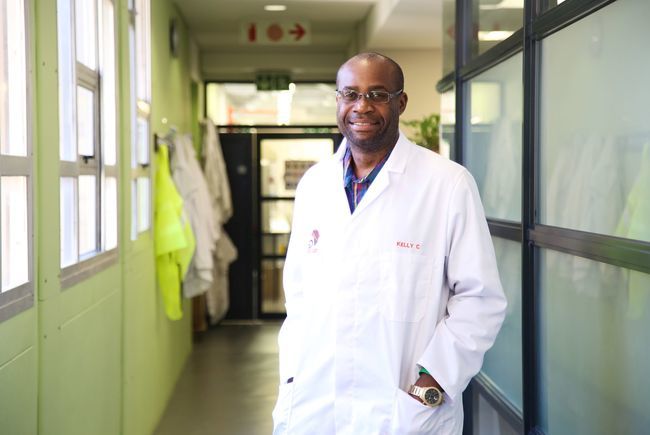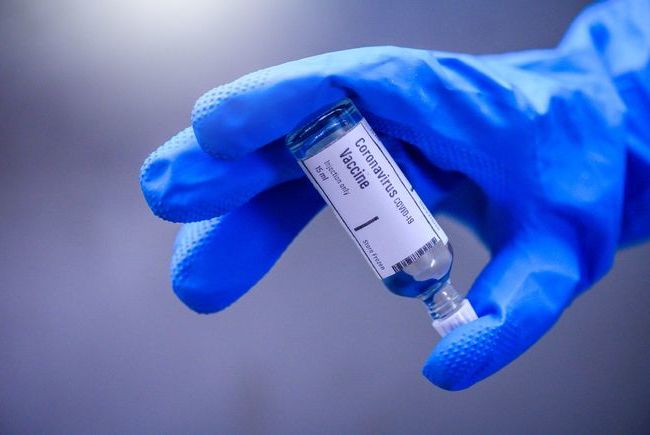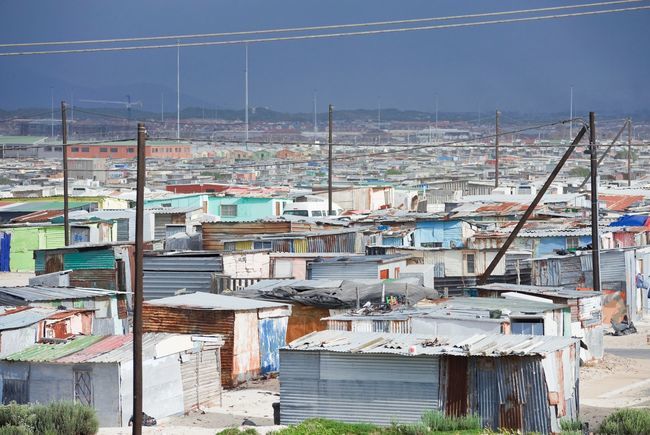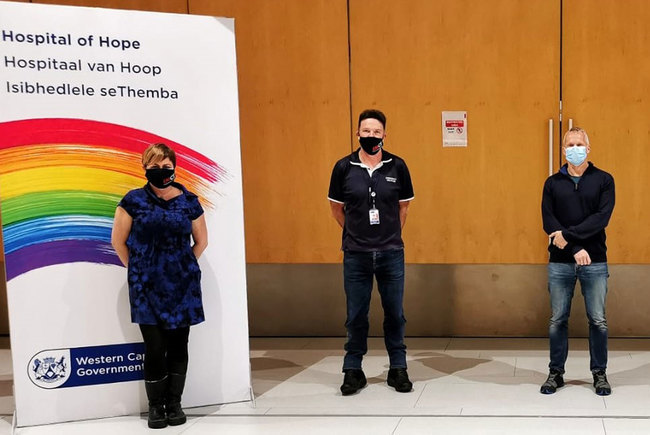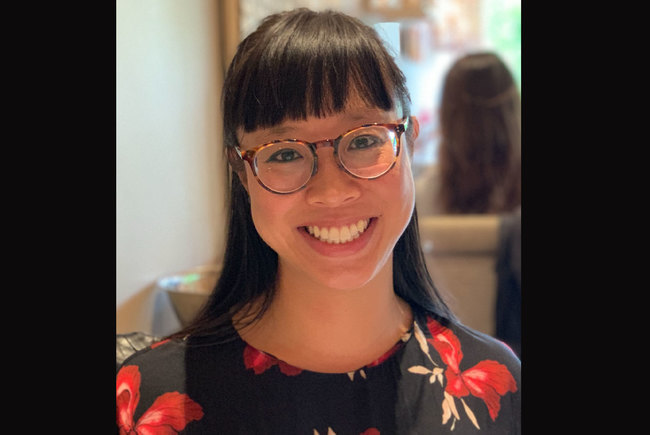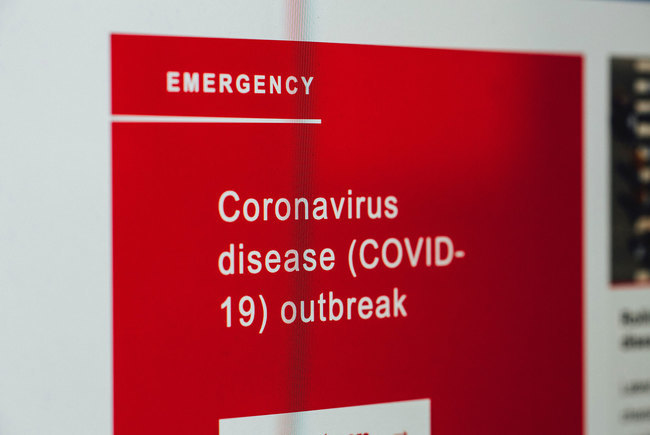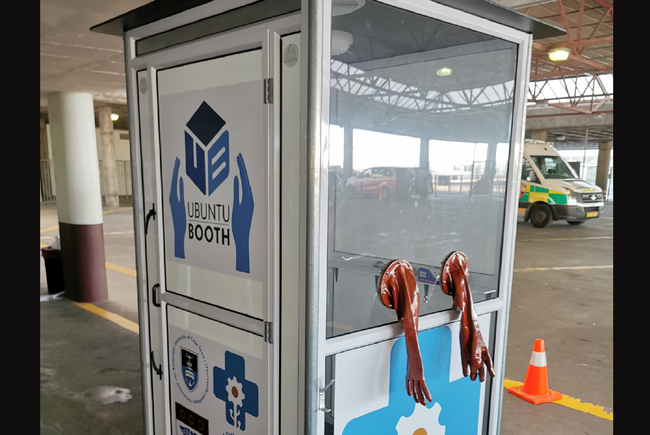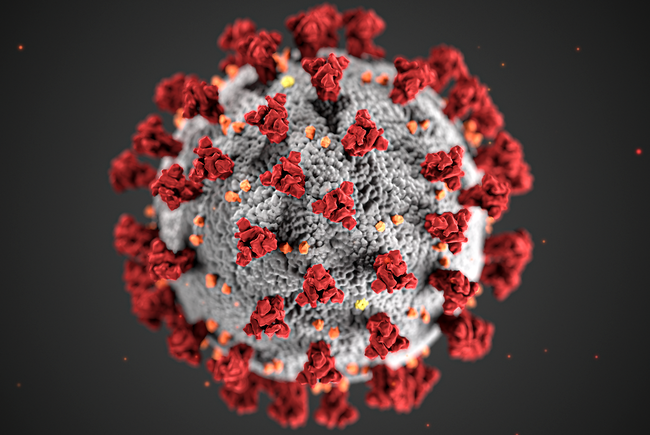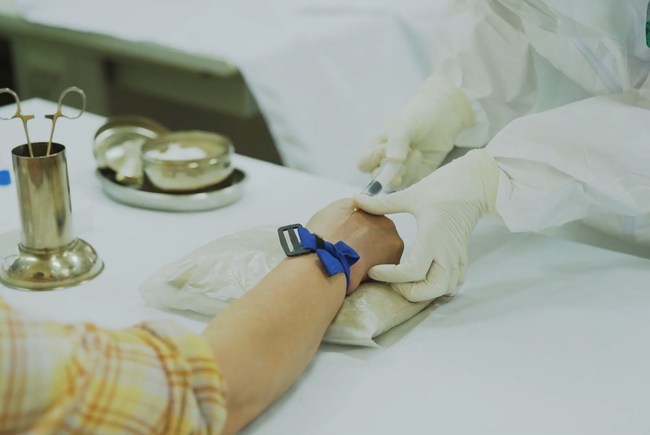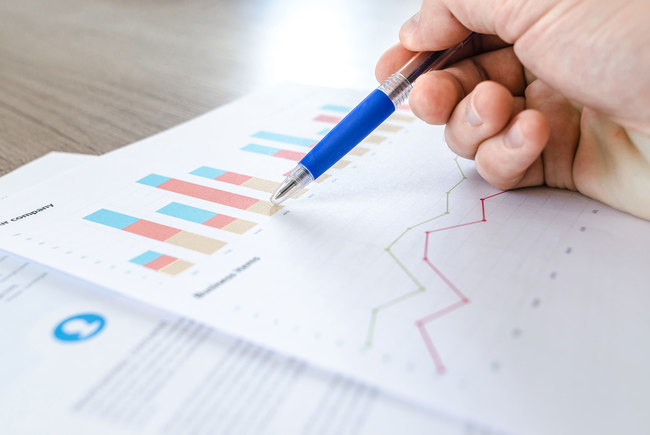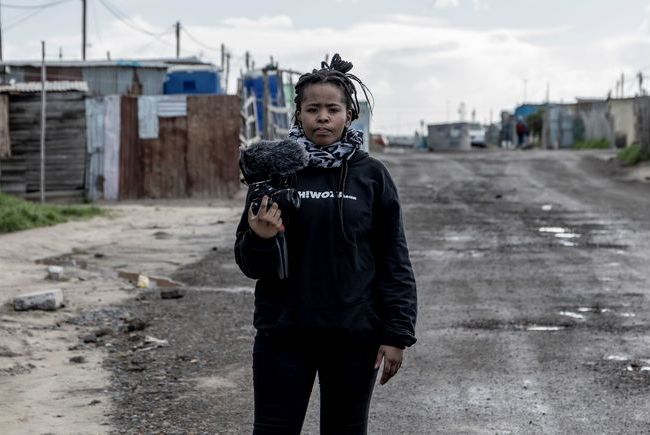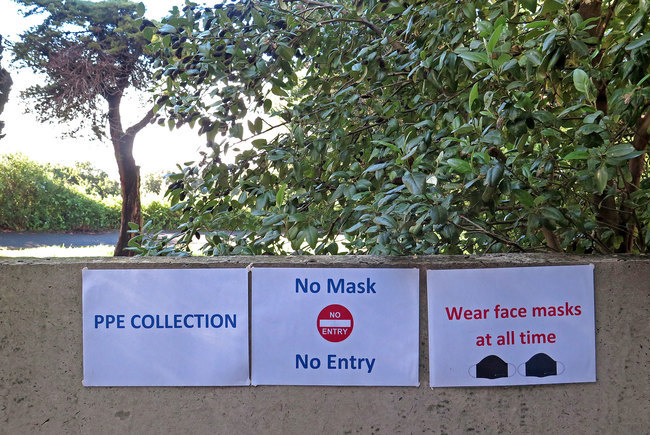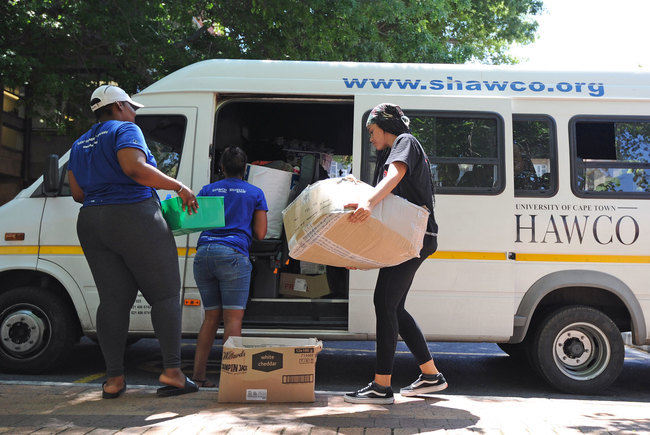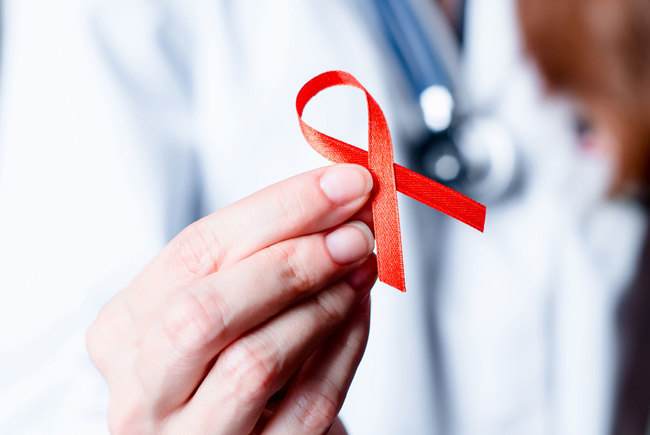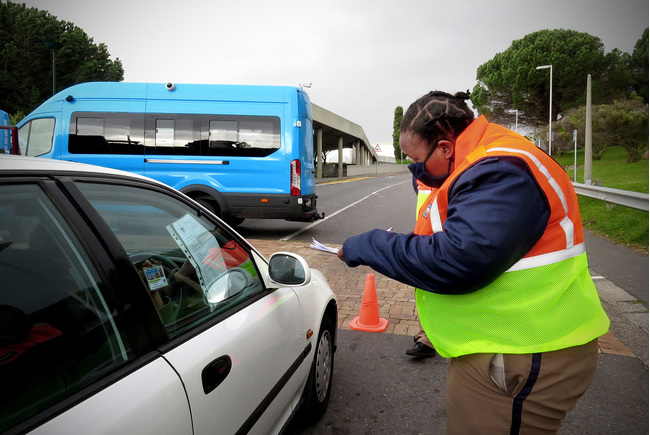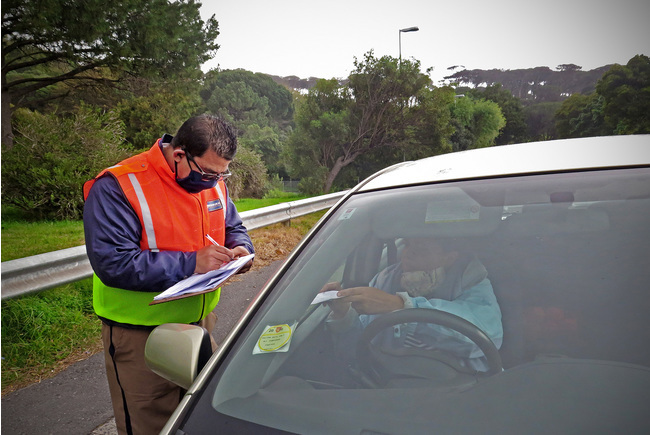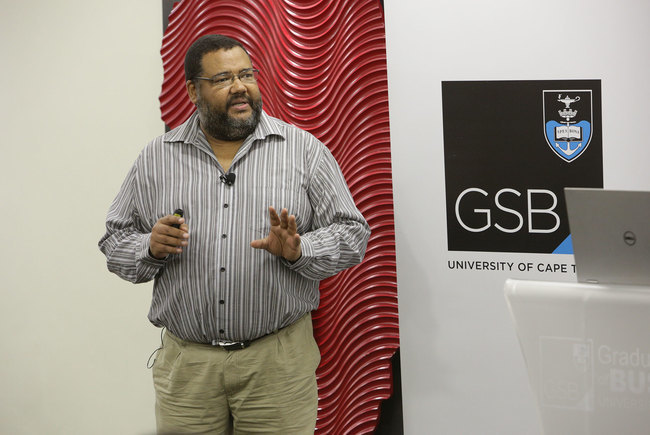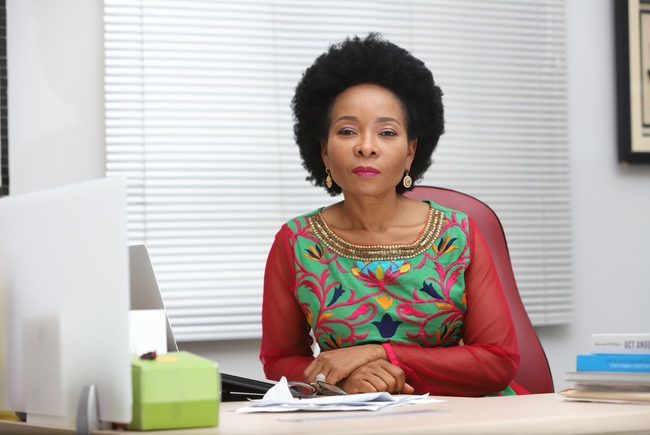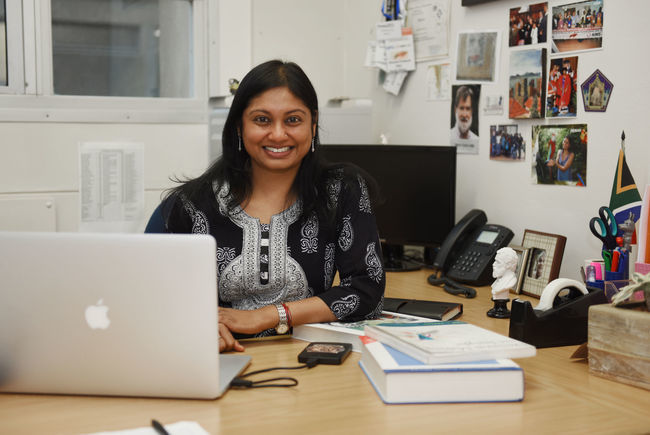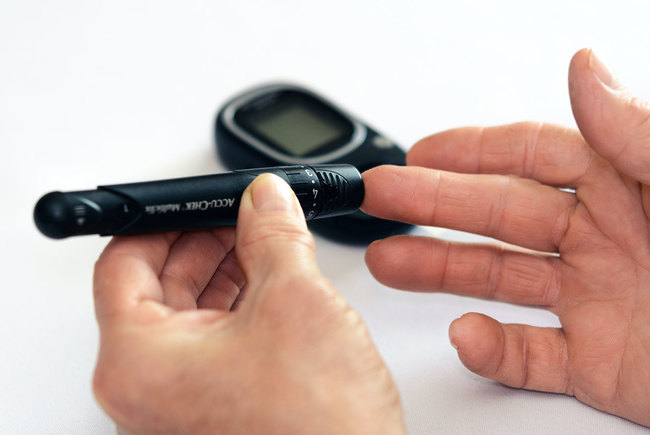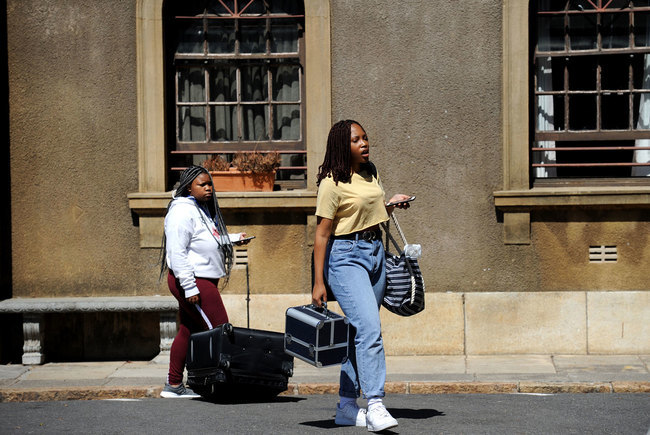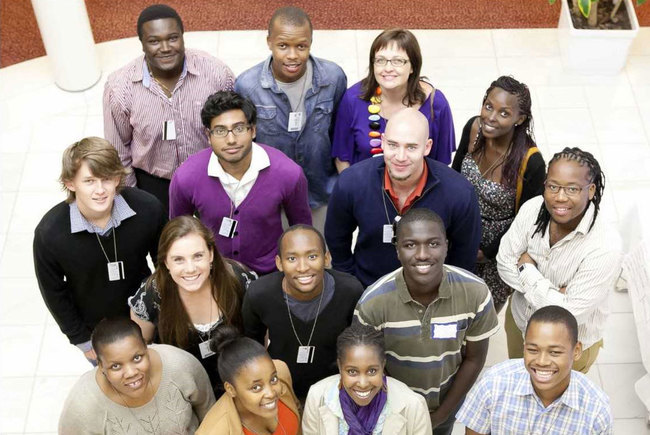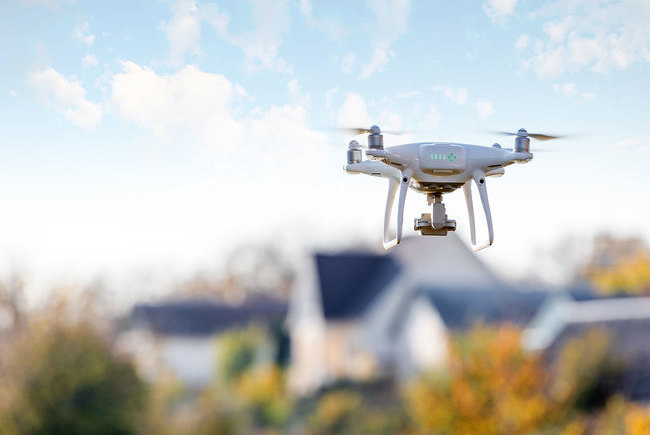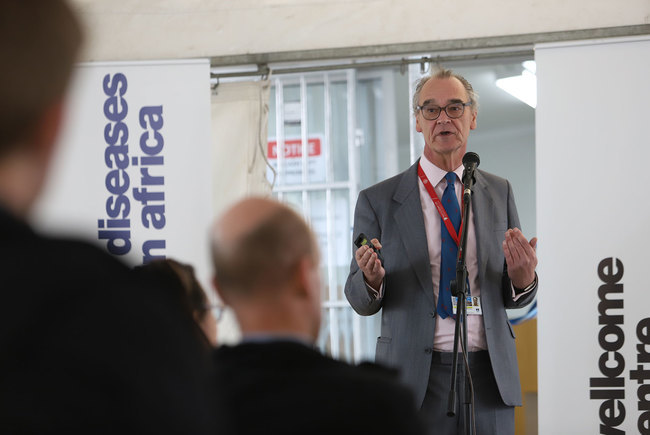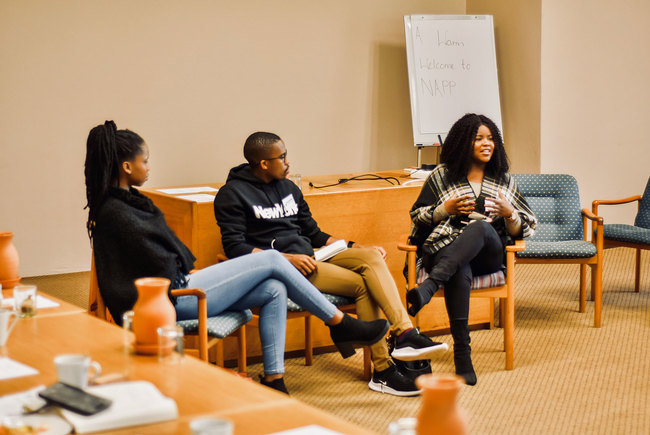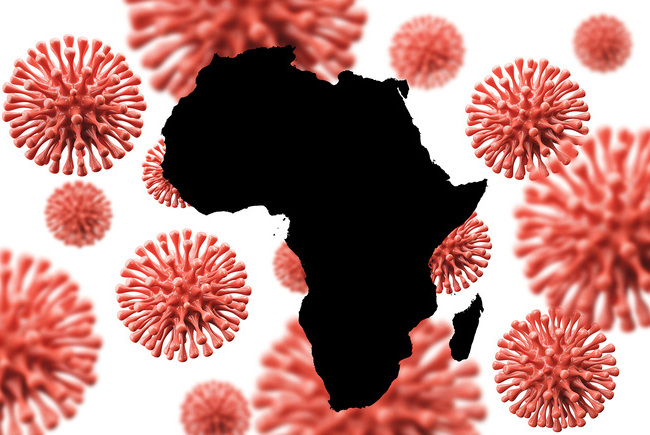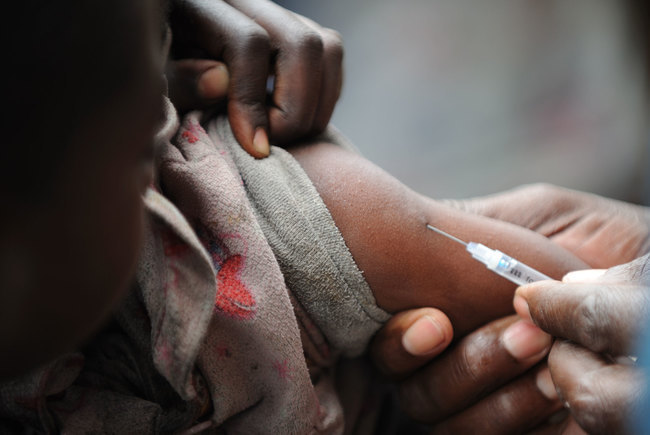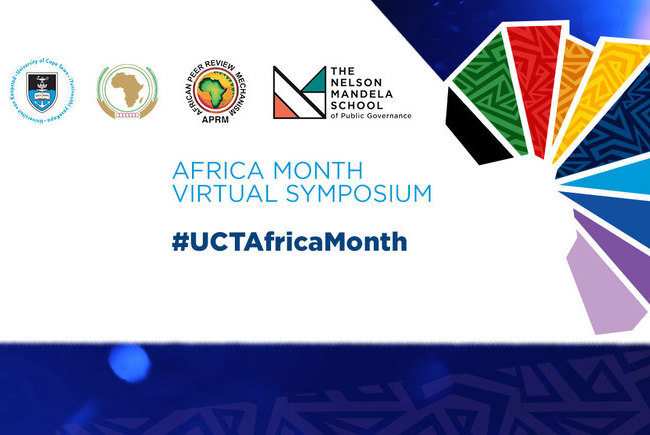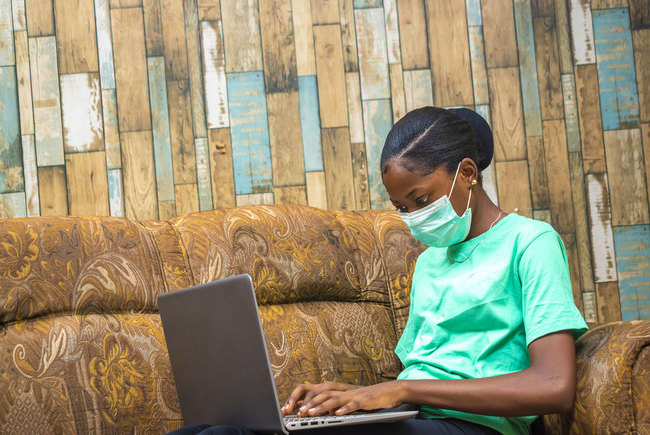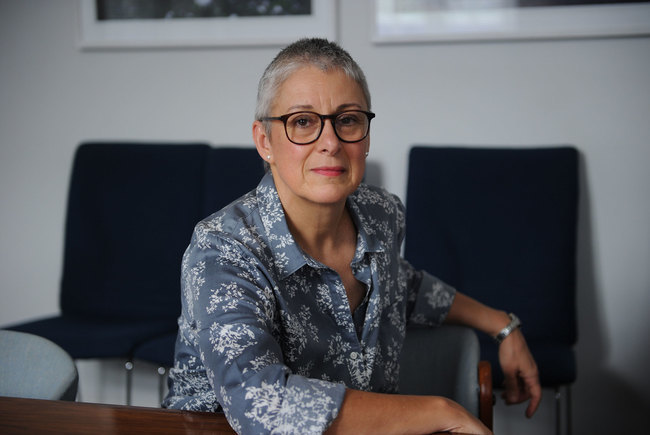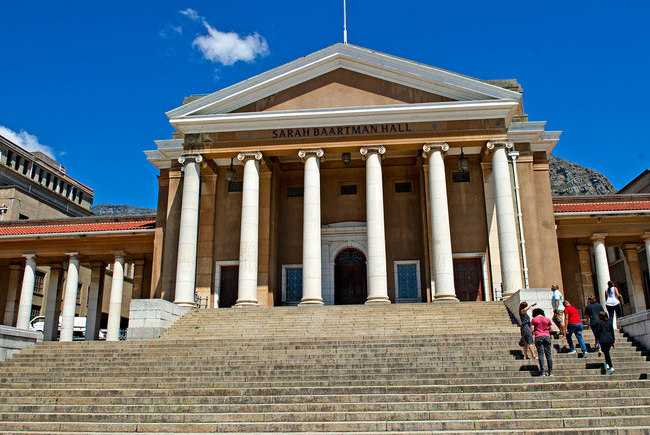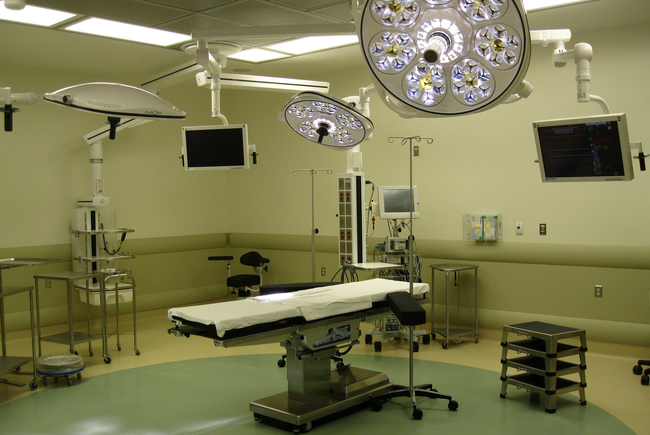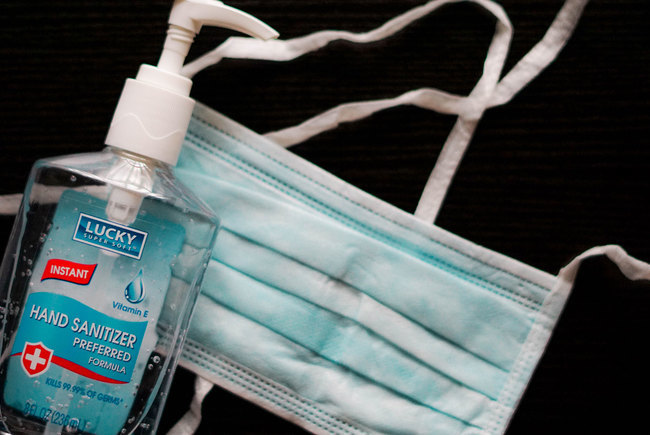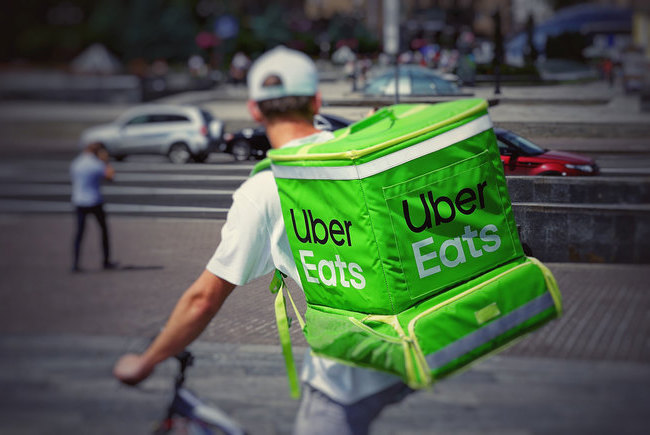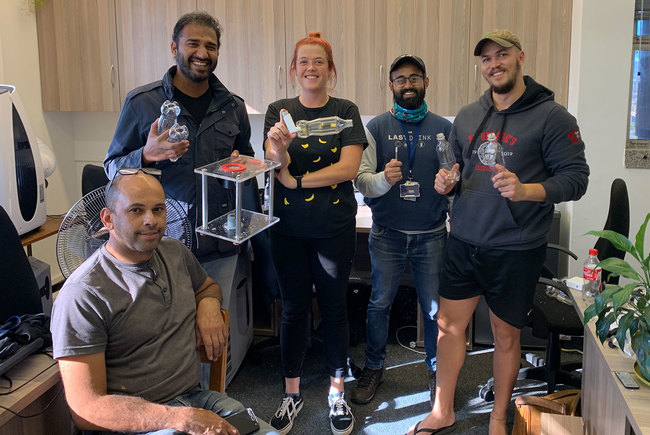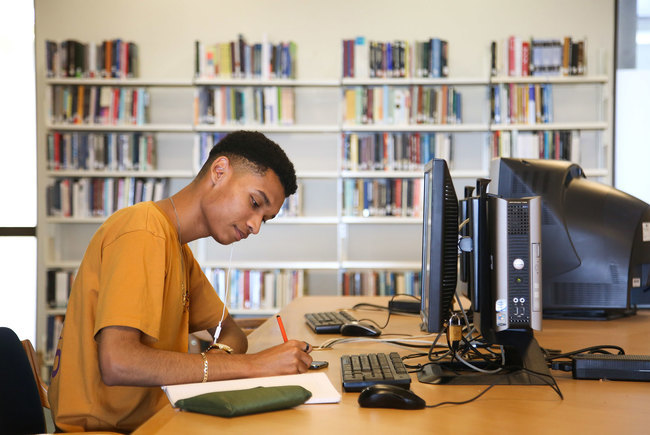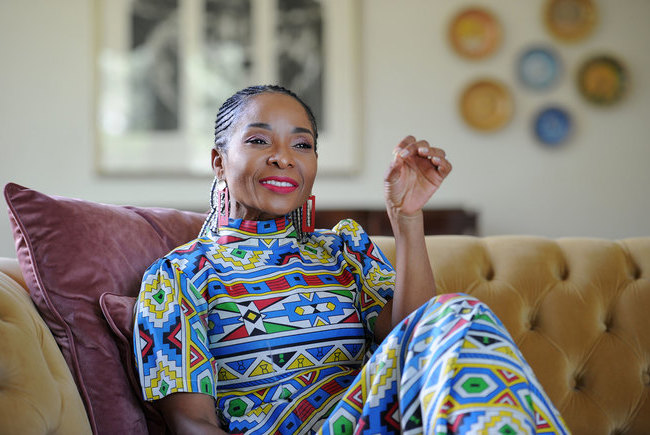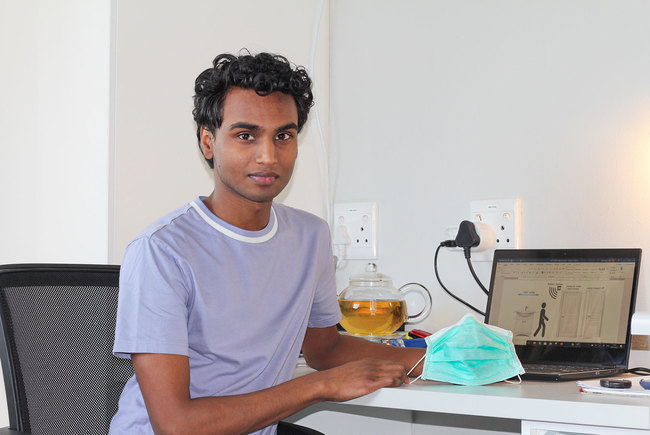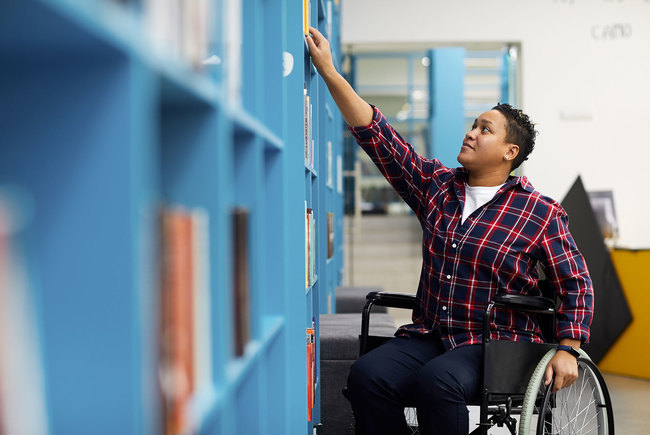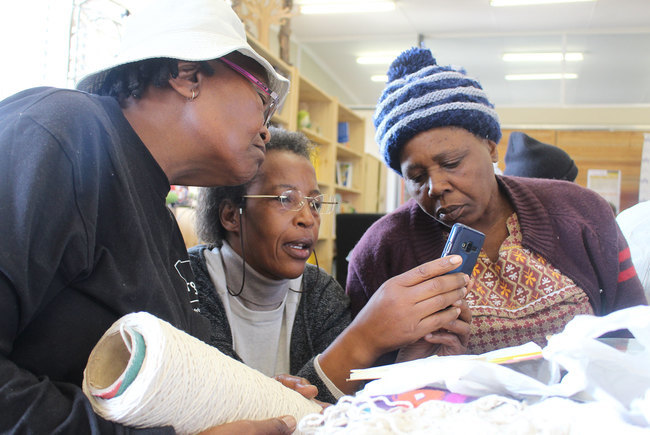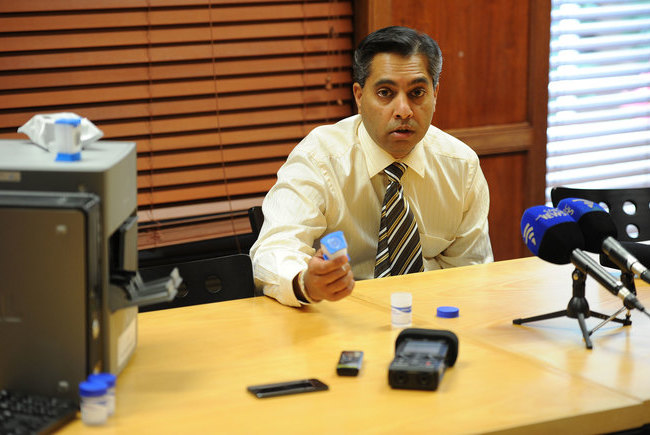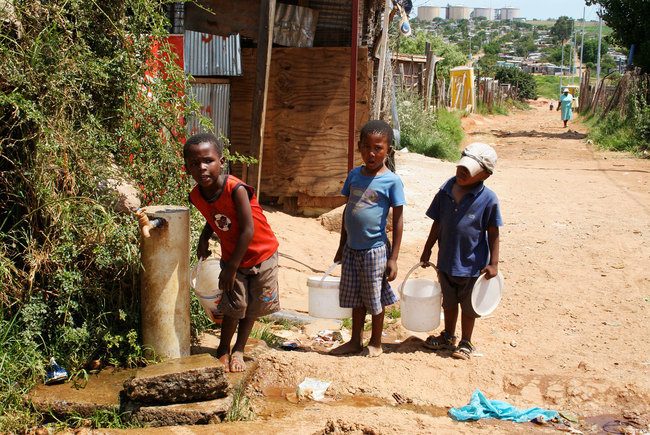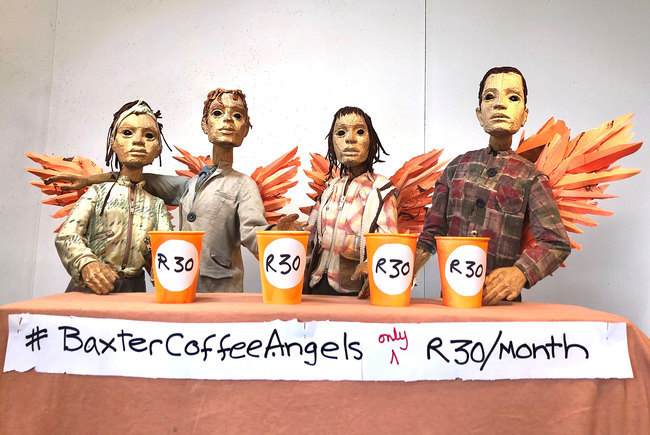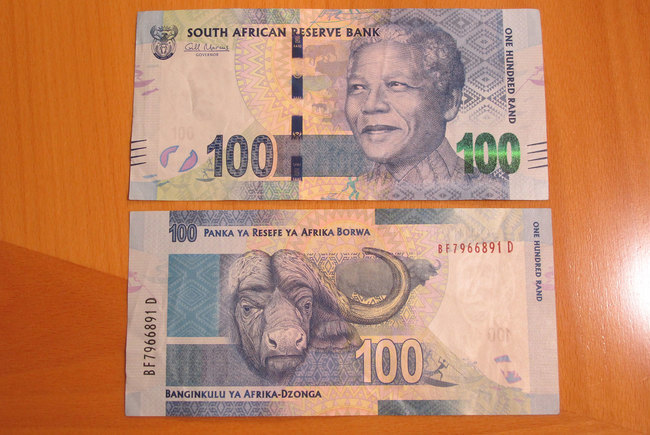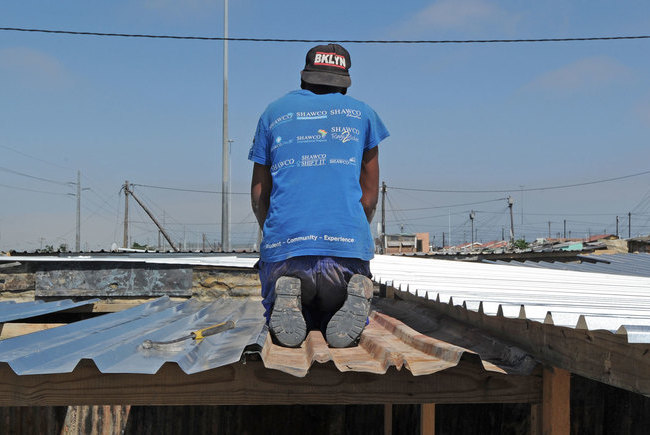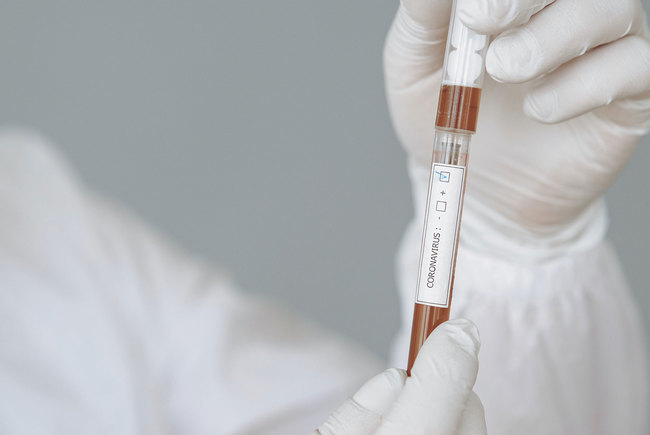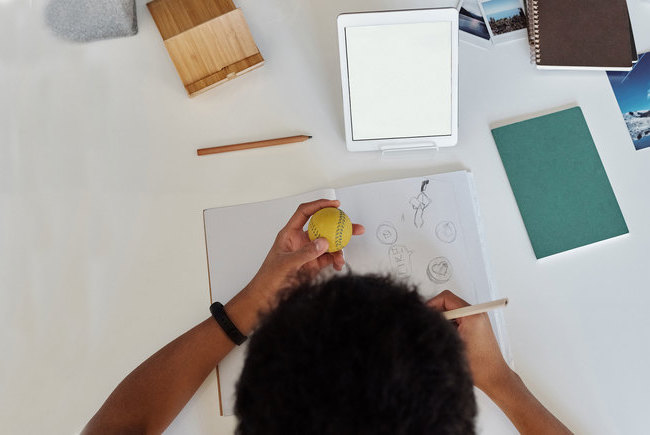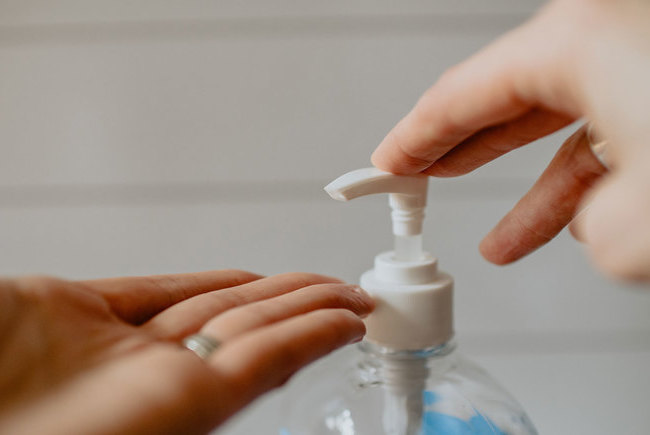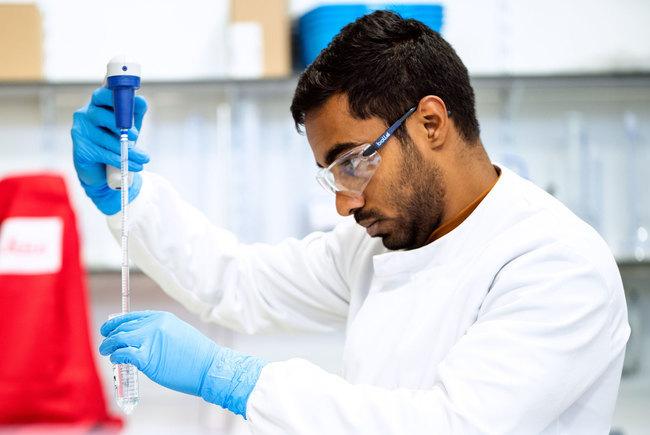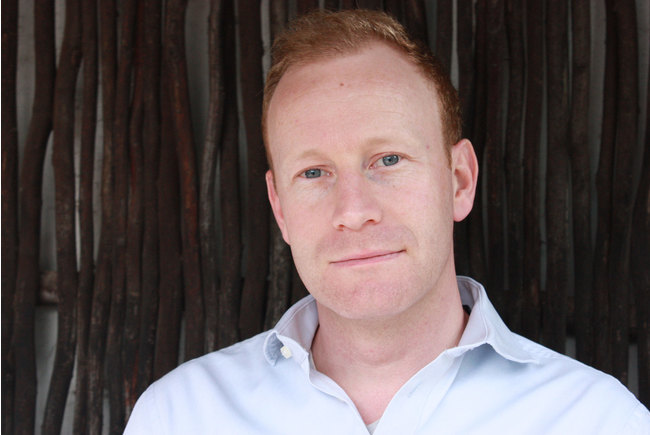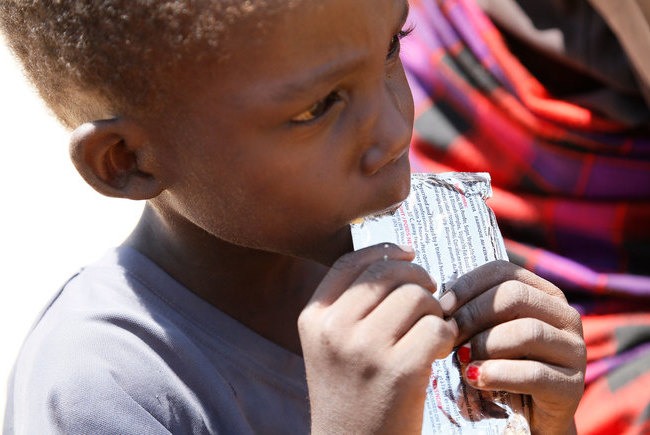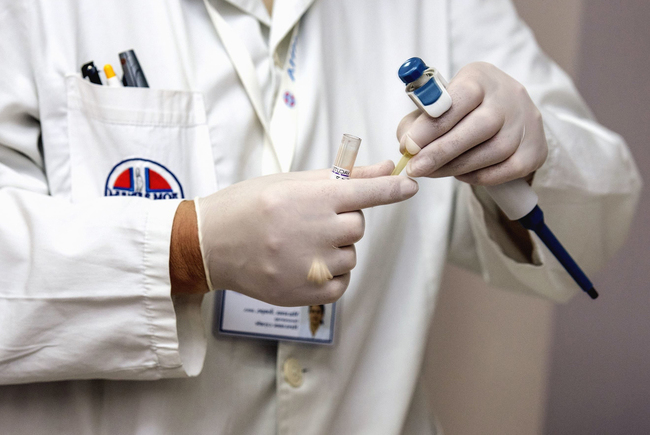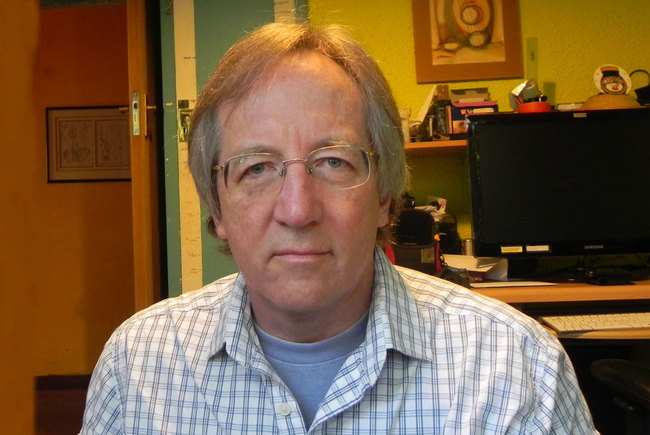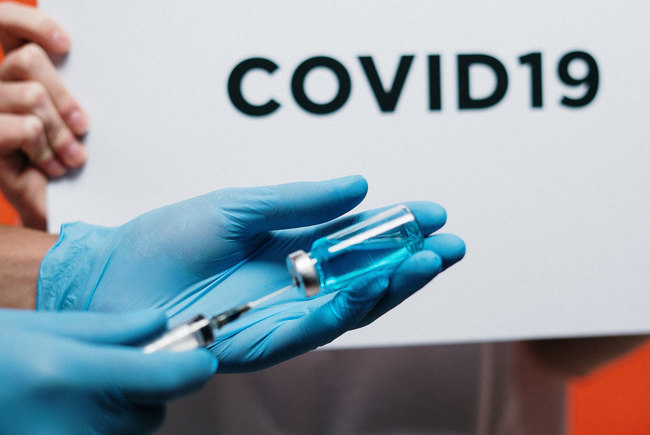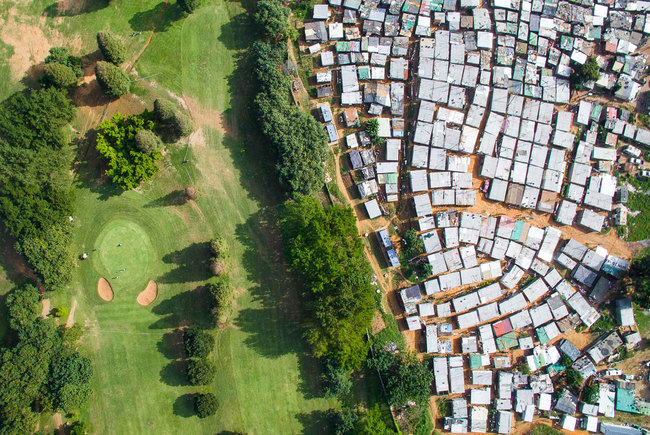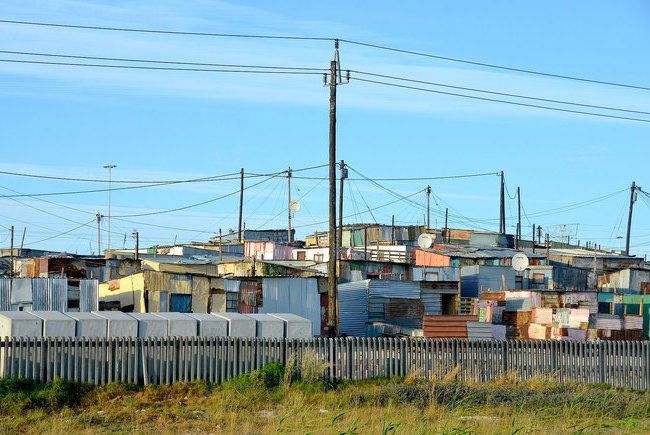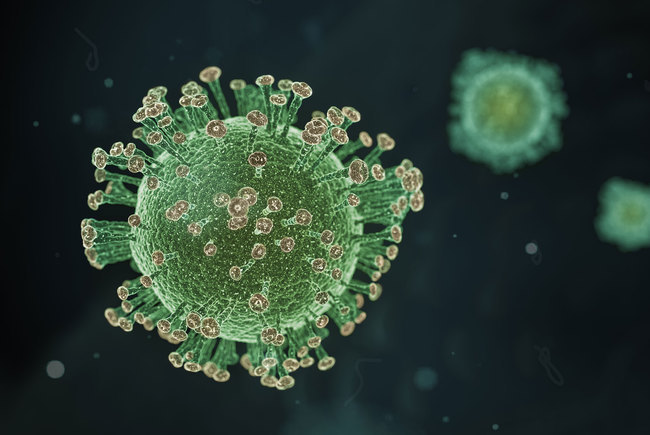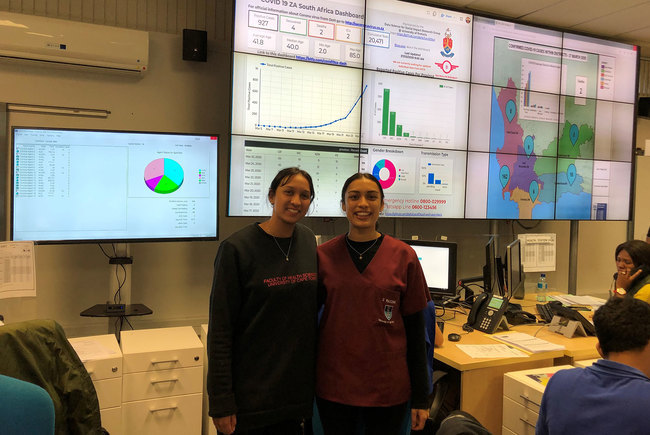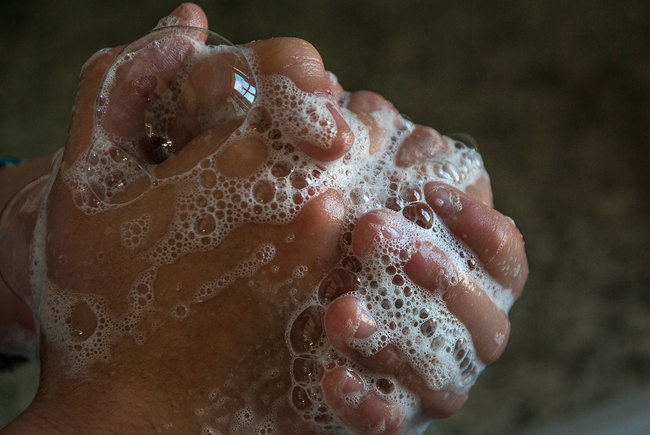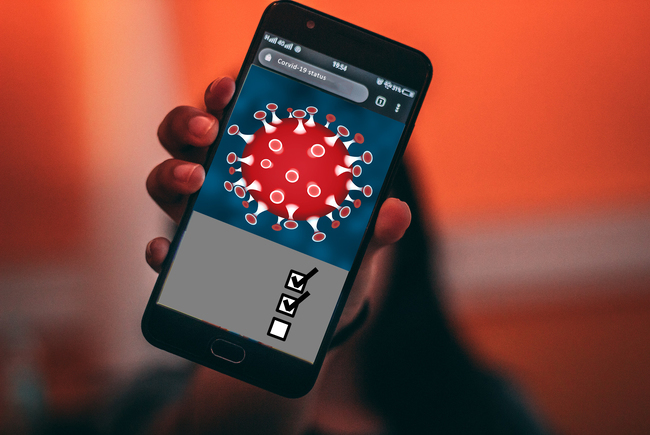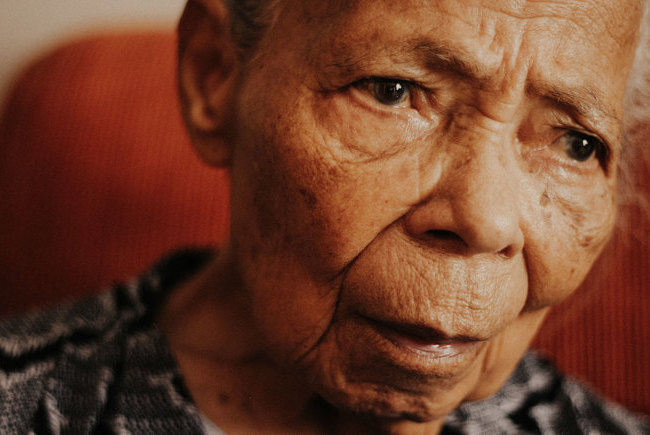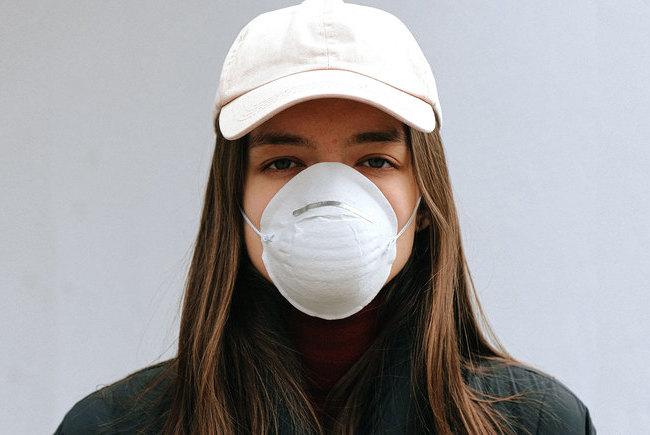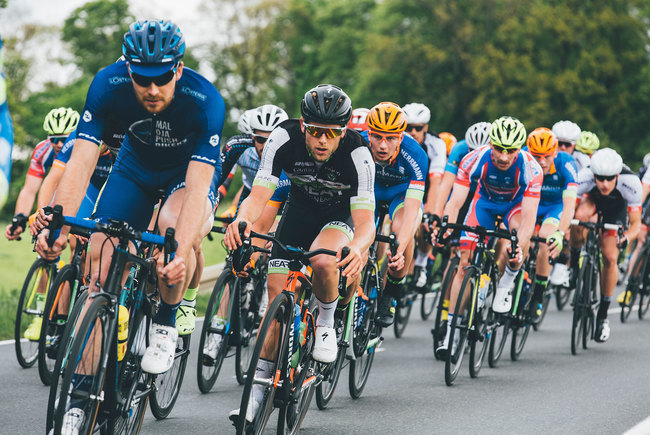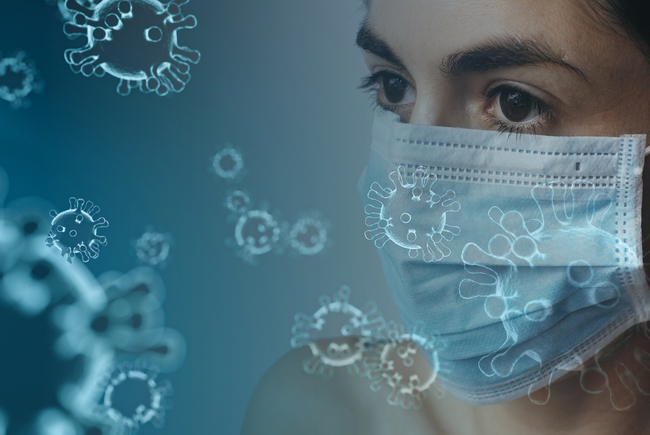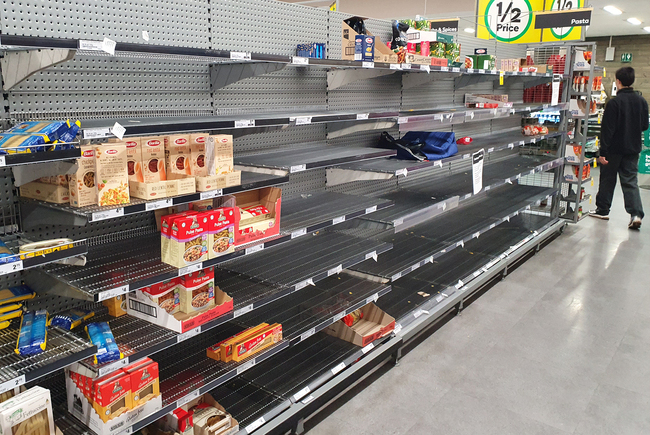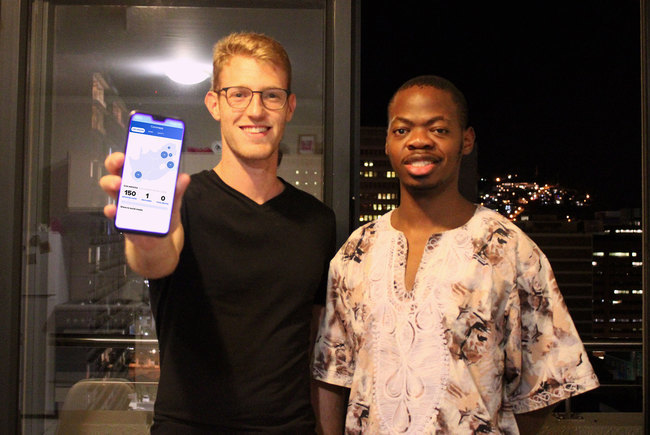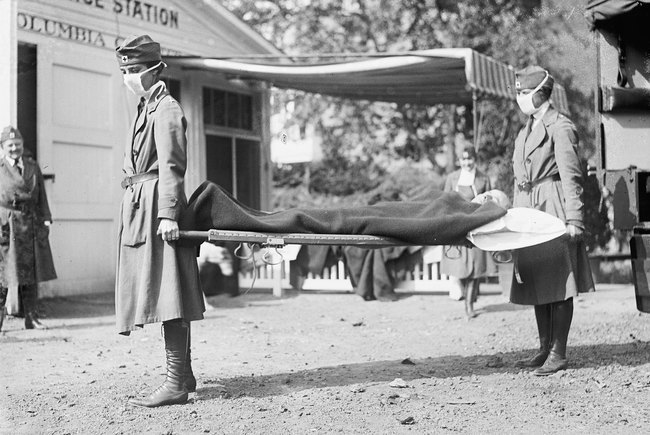UCT alum innovates again to keep PPE ‘InSupply’
22 May 2020 | Story Carla Bernardo. Photos Pexels. Read time 4 min.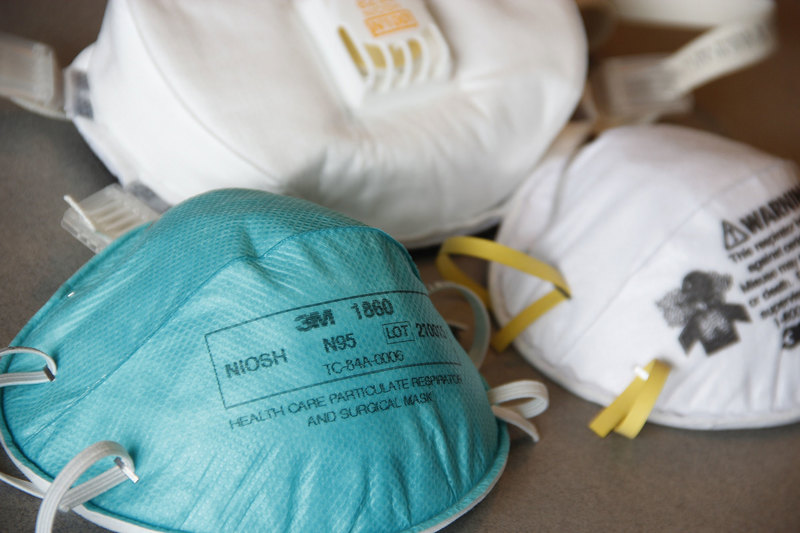
University of Cape Town (UCT) alumnus and co-founder of Coronapp, Tamir Shklaz, has yet again responded to the challenges of the pandemic – this time by facilitating the buying and selling of much-needed personal protective equipment (PPE) in South Africa.
Less than a month after the launch of Coronapp, which he co-founded with UCT mechanical engineering graduate Wisani Shilumani, Shklaz has built InSupply, a centralised marketplace that connects those who have PPE to those who need it most.
The platform was created at the beginning of May and has already registered more than 500 suppliers, 50 million PPE items, and over 200 organisations wanting to purchase PPE.
When Shklaz came up with the idea of InSupply, it was in response to OfferZen’s Unlockdown challenge. The challenge, which is supported by the South African government, calls on the nation’s technology industry to mobilise and assist in combating the impact of COVID-19.
It didn’t take long for a group of investors to see the potential of the project, and it has since evolved into its current iteration: to connect trusted, verified sellers of PPE to trusted, verified buyers who are on the frontline of the nation’s response to the pandemic.
Investors include WeThinkCode’s co-founder and tech entrepreneur, Yossi Hasson, and Justin Drennan, the founder of Parcelninja. InSupply already has its first employees: five young people, including UCT student Sama Naraghi. These young innovators are helping to grow the company into one that will operate beyond the pandemic.
Problems, solutions
Shklaz identified four distinct problems with PPE supply and getting it to the frontline.
The first is the existing supply chain. Before COVID-19, hospitals would typically use one or two suppliers who would source PPE as and when needed. With the pandemic, suppliers are running out of stock and are unable to replenish it in time. Companies who would ordinarily not need PPE are also adding to the demand, applying further pressure on the supply chain.
There is also the lack of trust that comes with buyers needing to find new suppliers. They often have limited resources, such as time and people who conduct the vetting process.
The third problem is price gouging, which means many healthcare workers are unable to afford PPE.
Lastly, faulty goods are being sold that lack certification and rarely meet the required specifications.
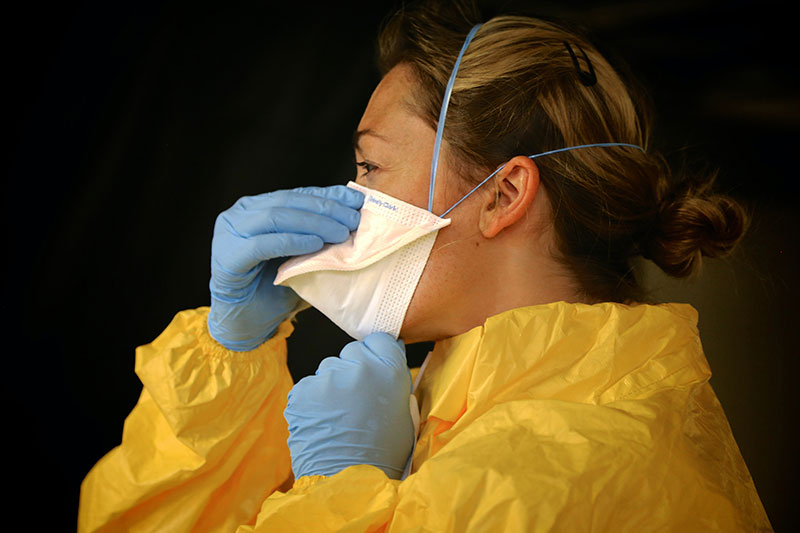
With InSupply, the UCT graduate is providing solutions. First, suppliers undergo a strict vetting process to ensure their legitimacy. Buyers are also vetted to ensure they are legitimate users of PPE and are in genuine need of the products.
Secondly, InSupply provides transparency by enabling buyers to view and compare the prices of PPE, which helps negate price gouging and encourages suppliers to offer competitive rates.
Finally, InSupply is connecting frontline workers directly to the supplier, thereby cutting out the “middleman”.
The demand
Since launching InSupply less than a month ago, Shklaz is already able to list the most in-demand PPE from the 50 million items registered on the site. With the global shortage of active filtration masks, masks such as the 3M N95, KN95 and FFP2 are the most requested items, followed by booties, scrub gowns and other masks.
The greatest demand comes from major urban areas like Cape Town, Johannesburg and Durban. But through his work with the Southern African HIV Clinicians Society (SAHCS), Shklaz has been alerted to the needs of doctors in rural parts of the country who also lack the required PPE and fall out of the ambit of public hospitals that are sufficiently covered by the government.
Next steps
To stay abreast of how best to apply his skills and respond to the critical need for PPE, Shklaz is currently in conversation with numerous organisations and projects, locally and abroad.
To help InSupply operate on a nationwide basis, he is also working with SAHCS, Business for SA and the South African Health Products Regulatory Authority. To learn from peers, Shklaz is in contact with ProjectN95, a United States-based organisation that inspired InSupply, and another US-based project, #GetUsPPE.
Going forward, the goal of InSupply is to revolutionise the way supply chain works in South Africa. Included in the plans are support for escrow payments and large-scale logistics and transportation of equipment across the country.
Shklaz is also interested in creating a platform to facilitate the distribution of PPE donations to those who cannot afford it and are in need. To do so, he will continue to engage with SAHCS and other relevant parties.
The UCT alum is also looking to assist manufacturers who are repurposing their production lines to produce PPE equipment. He aims to provide these manufacturers “with an ecosystem of support to ensure their PPE equipment meets South African standards and connect them with buyers across the country”.
 This work is licensed under a Creative Commons Attribution-NoDerivatives 4.0 International License.
This work is licensed under a Creative Commons Attribution-NoDerivatives 4.0 International License.
Please view the republishing articles page for more information.
Coronavirus Disease 2019 updates
COVID-19 is a global pandemic that caused President Cyril Ramaphosa to declare a national disaster in South Africa on 15 March 2020 and to implement a national lockdown from 26 March.
UCT is taking the threat of infection in our university community extremely seriously, and this page will be updated regularly with the latest COVID-19 information. Please note that the information on this page is subject to change depending on current lockdown regulations.
Frequently asked questions
Daily updates
Campus communications
2020
Resources
Video messages from the Department of Medicine
Getting credible, evidence-based, accessible information and recommendations relating to COVID-19
The Department of Medicine at the University of Cape Town and Groote Schuur Hospital, are producing educational video material for use on digital platforms and in multiple languages. The information contained in these videos is authenticated and endorsed by the team of experts based in the Department of Medicine. Many of the recommendations are based on current best evidence and are aligned to provincial, national and international guidelines. For more information on UCT’s Department of Medicine, please visit the website.
To watch more videos like these, visit the Department of Medicine’s YouTube channel.
Useful information from UCT
External resources
News and opinions
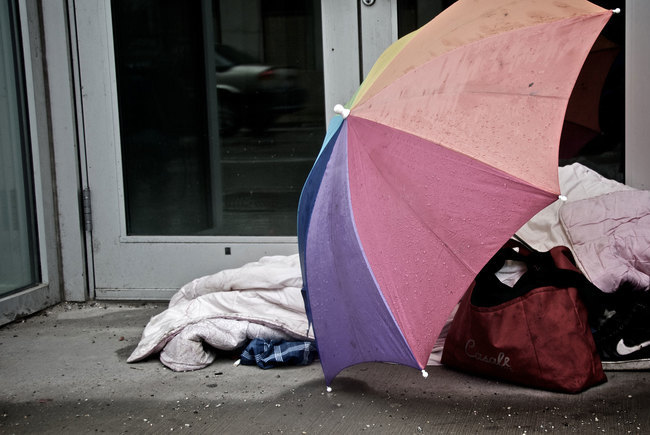
As the COVID-19 crisis drags on and evolves, civil society groups are responding to growing and diversifying needs – just when access to resources is becoming more insecure, writes UCT’s Prof Ralph Hamann.
03 Jul 2020 - 6 min read Republished
The Covid-19 crisis has reinforced the global consequences of fragmented, inadequate and inequitable healthcare systems and the damage caused by hesitant and poorly communicated responses.
24 Jun 2020 - >10 min read Opinion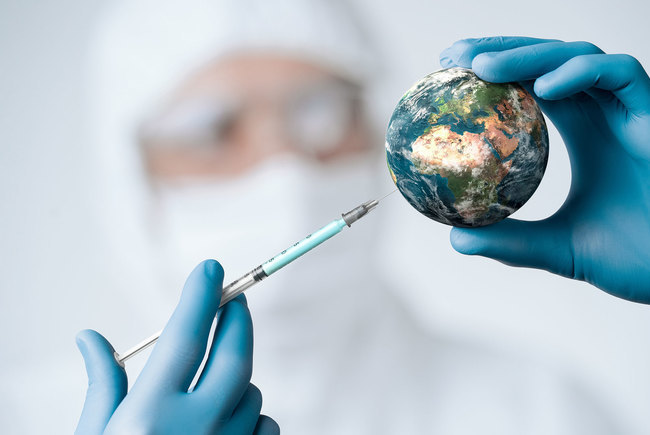
Our scientists must not practise in isolation, but be encouraged to be creative and increase our knowledge of the needs of developing economies, write Professor Mamokgethi Phakeng, vice-chancellor of UCT, and Professor Thokozani Majozi from the University of the Witwatersrand.
09 Jun 2020 - 6 min read Republished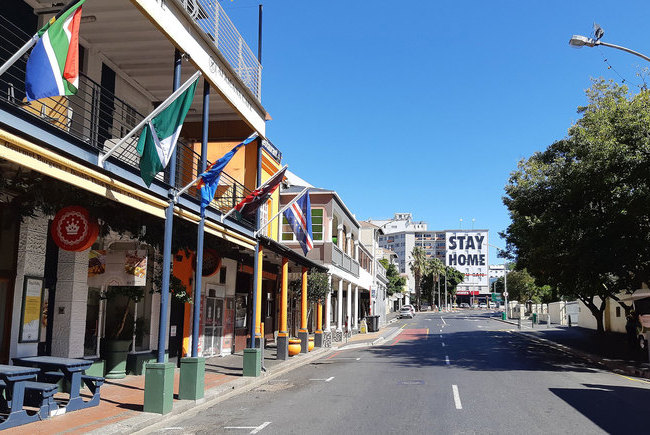
South Africa has been recognised globally for its success in flattening the curve, which came as a result of President Ramaphosa responding quickly to the crisis, writes Prof Alan Hirsch.
28 Apr 2020 - 6 min read RepublishedStatements and media releases
Media releases
Read more
Statements from Government
In an email to the UCT community, Vice-Chancellor Professor Mamokgethi Phakeng said:
“COVID-19, caused by the virus SARS-CoV-2, is a rapidly changing epidemic. [...] Information [...] will be updated as and when new information becomes available.”
We are continuing to monitor the situation and we will be updating the UCT community regularly – as and when there are further updates. If you are concerned or need more information, students can contact the Student Wellness Service on 021 650 5620 or 021 650 1271 (after hours), while staff can contact 021 650 5685.








